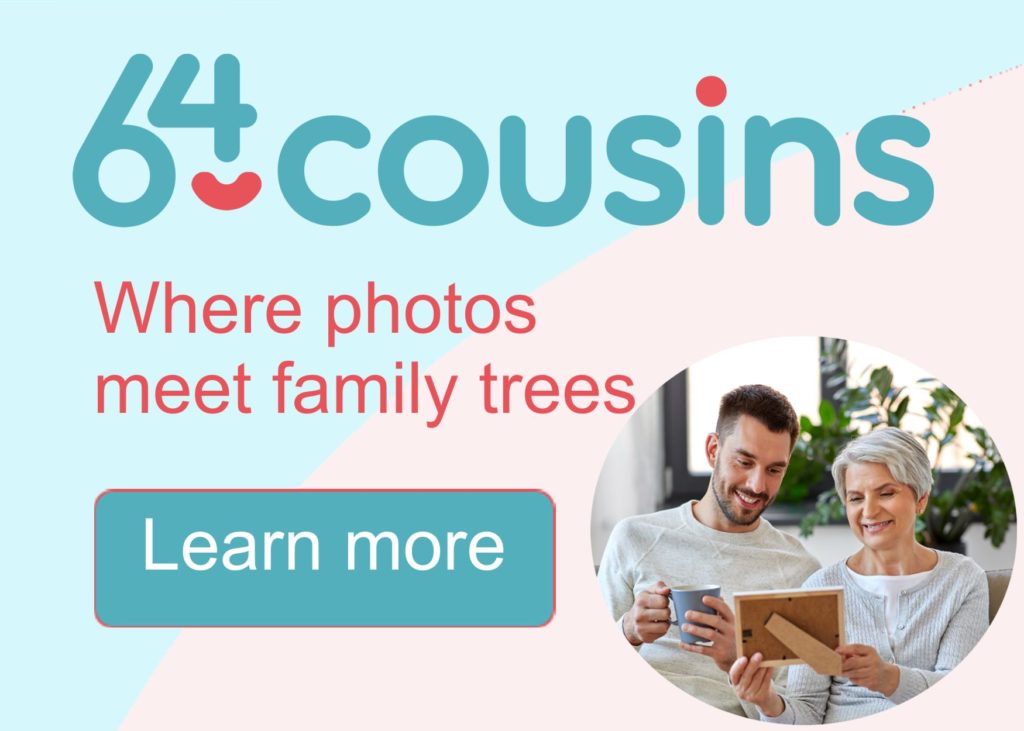
Recruitment techniques have evolved significantly over time, with the stale interview structures of the past being replaced by fresh, dynamic alternatives fit for the digital age.
If you are thinking about changing roles in 2018, or if you are just about to make your first foray into the job market, knowing what to expect from interviews will give you the edge.
Tech Trends
Prior to the arrival of the internet, it was impossible to conduct an interview without the interviewee and interviewer being physically present in the same place. Even with phone interviews used for preliminary assessment, a face to face meeting was to be expected at some point.
Today, technology has revolutionised the options for interviewing, with VoIP and video calling services meaning that candidates can be scrutinised whether they are on the other side of the country or the other side of the world.
Remote interviews are incumbent on both parties having compatible hardware, software and network access available to them. With nothing more than a smartphone or laptop and Wi-Fi coverage, this type of interview is an option for almost anyone.
The only problem is that interviews which are conducted remotely have their own set of considerations to take into account, especially on the part of the candidate. Picking a place to carry out the interview, deciding what to wear and ensuring that you will not be disturbed for the duration is vital. You even need to think about what is in the camera’s field of view if you are using a video link.
Not all employers will be willing to offer a remote interview as an option to applicants, while others may insist upon it as a first port of call before getting you into the office for a more comprehensive follow-up. Anyone who wants to seek employment overseas can expect it as a matter of course.
Strengths Based Interviews
The use of bog standard competence based interviewing has dwindled in recent years, especially in the arena of graduate recruitment where relevant experience is not as important as assessing a candidate’s talents, flaws and personality.
This is where strengths based interviews have entered the fray, becoming the most important area of the employment process for university students who are graduating in 2018.
Questions in this interview format are crafted to encourage the candidate to think on their feet and apply their own likes, dislikes, passions and pitfalls to their answers in a way that should help them emphasise what makes them stand out from the crowd.
You may be asked to talk about what you think would define a successful day, to discuss your most cherished achievements and what makes them special, to outline your weaknesses and explain how you can harness your strengths to overcome them.
This helps employers not only by putting interviewees at ease and eliminating the stress of having to do immense amounts of prep, but also by making it easier to pinpoint candidates that will integrate with the organisation and find their work fulfilling.
Value Based Interviews
Just as strengths based interviews play to the abilities of candidates and work in favour of employers, so too the impact of modern value based techniques can benefit both sides at once, and in fairly similar ways.
As the name suggests, this approach intends to work out whether the values of a candidate align with those of an organisation, often via more direct interview tactics than might be encountered elsewhere. As a result, such interviews are usually deployed in industries where qualities like compassion and an ability to collaborate effectively with others are essential, such as healthcare and the charity sector.
Questions about how specific scenarios were handled by the interviewee in the past, how they interact with other people and what outcomes they expect from these interactions can all be part of this process.
Role play can also be used as part of value based interviews, requiring a proactive demonstration of skills and a tangible backing up of claims made about views, beliefs and prior experiences.
Blended Interviews
For some organisations, adopting one interview technique is not enough and so a blended path is preferred. This mixes elements from many of the other systems, traditional and contemporary, to create what should in theory be the best of all worlds. Although this usually means that candidates will be kept on their toes.
A blended interview may start with strengths based questions to feel out the personality of the person in the spotlight, before moving on to questions about their responses to emergent situations, then ultimately conclude with competency questions that are structured in a much more formal way.
Blended interviews may need to be tackled by those looking to take on roles in the public sector, whether at a local or national level. And as with the other interview trends of 2018, success is still heavily reliant on proper preparation.
So What Does This Mean For Me As an Interview Candidate?
So firstly, it makes it even more important for you to do your research. Find out how the organisation is going to conduct the interview and what techniques are they going to use.
Great is they are using the common Competency Based Interviews as there is are various training methods and formulas that you can use such as the STAR method and iPAR. Having said that its not enough to just have the right formula, you need also to have good content. Choose the right examples of the competencies they need, rehearse the answers and have them word perfect so that when asked probing questions you will be able to answer with ease.
Get used to the technology especially video based interviewing. Many candidates have been ruled out simply because they presented so poorly over Skype for example – even though in person they are very different people. So, what is it that makes video interviewing so different? Firstly, you have to more focused on the camera which gives the impression of eye contact, rather than the screen. Get the lighting right and above all ensure the space you use is quiet without risk of disturbance.
Strengths Based Interviews bring their own set of challenges. Should you spin your answer to tell them what you think they want to hear? Not such a good idea as in reality you do not know what they are looking for and secondly you don’t want to end up in a job for which you are unsuited. You will turn out to hate it.
So what is the answer? We recommend getting your interview skills up to speed. Look online, research, read and study – find out from friends who have been through the process. If you’re in a university, pop into your careers department or visit their online portal and access their resources. Training is key and you will find various courses, online and face to face and if your budget can stretch consider interview coaching. It’s a personalised service where you can practice in a safe environment with an expert giving you feedback.
Prepare For Your Job Interview Online with InterviewGold
Want to make your interview preparation easy? Want to dramatically boost your chances of getting the job? Then have a look at InterviewGold; the leading online system which has helped thousands of job seekers such as yourself, prepare for and win job offers in interviews.




